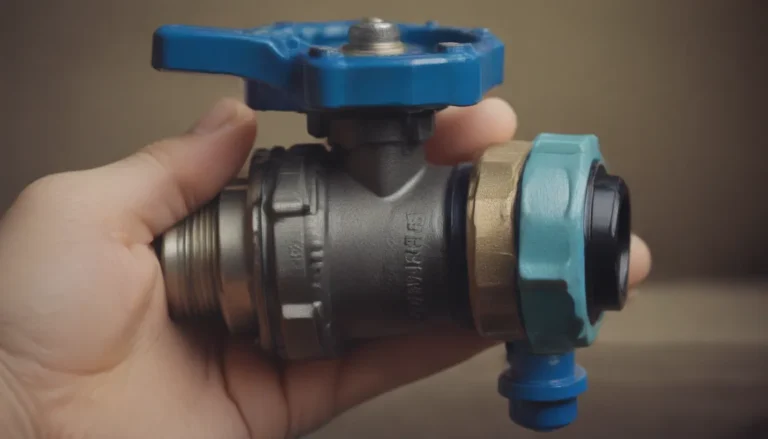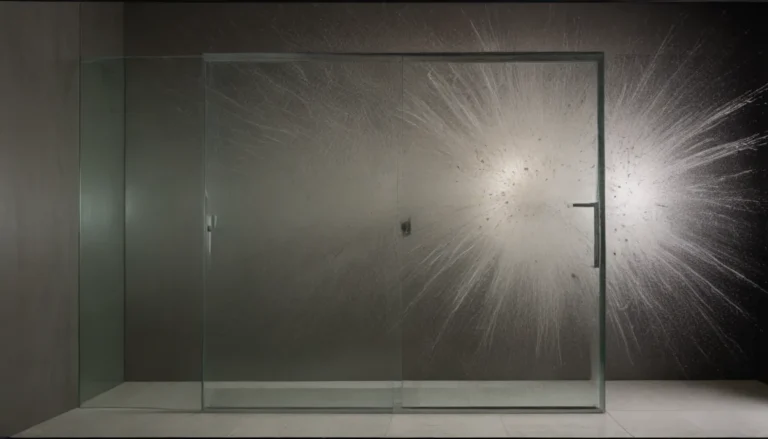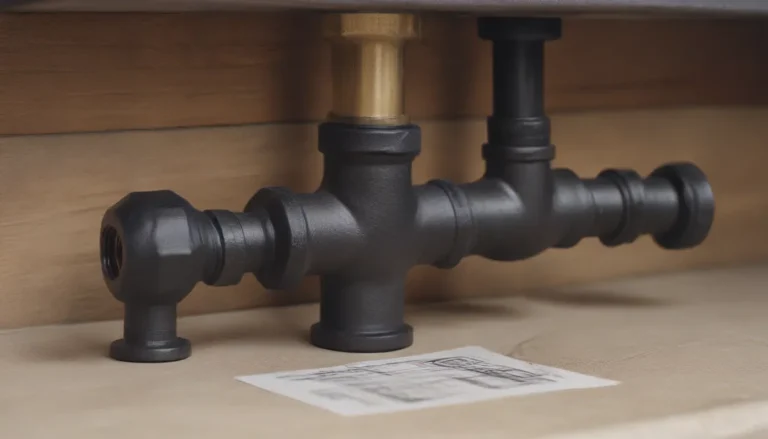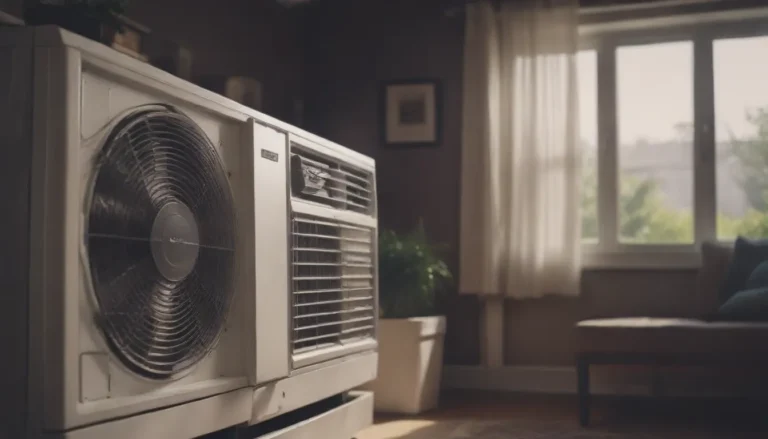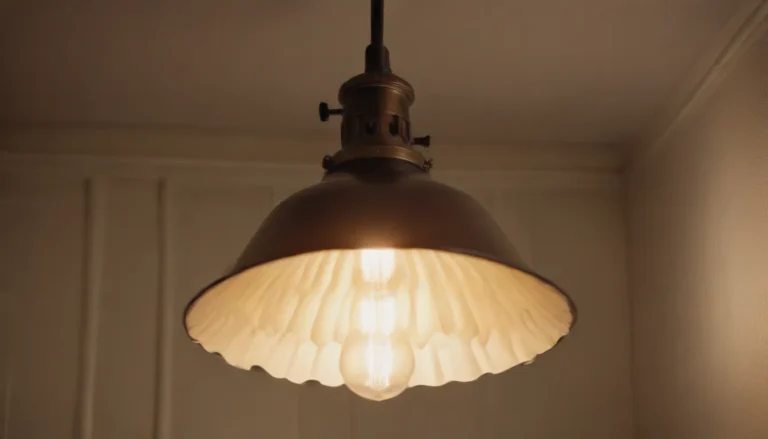Understanding the Cost of Installing Central Air Conditioning
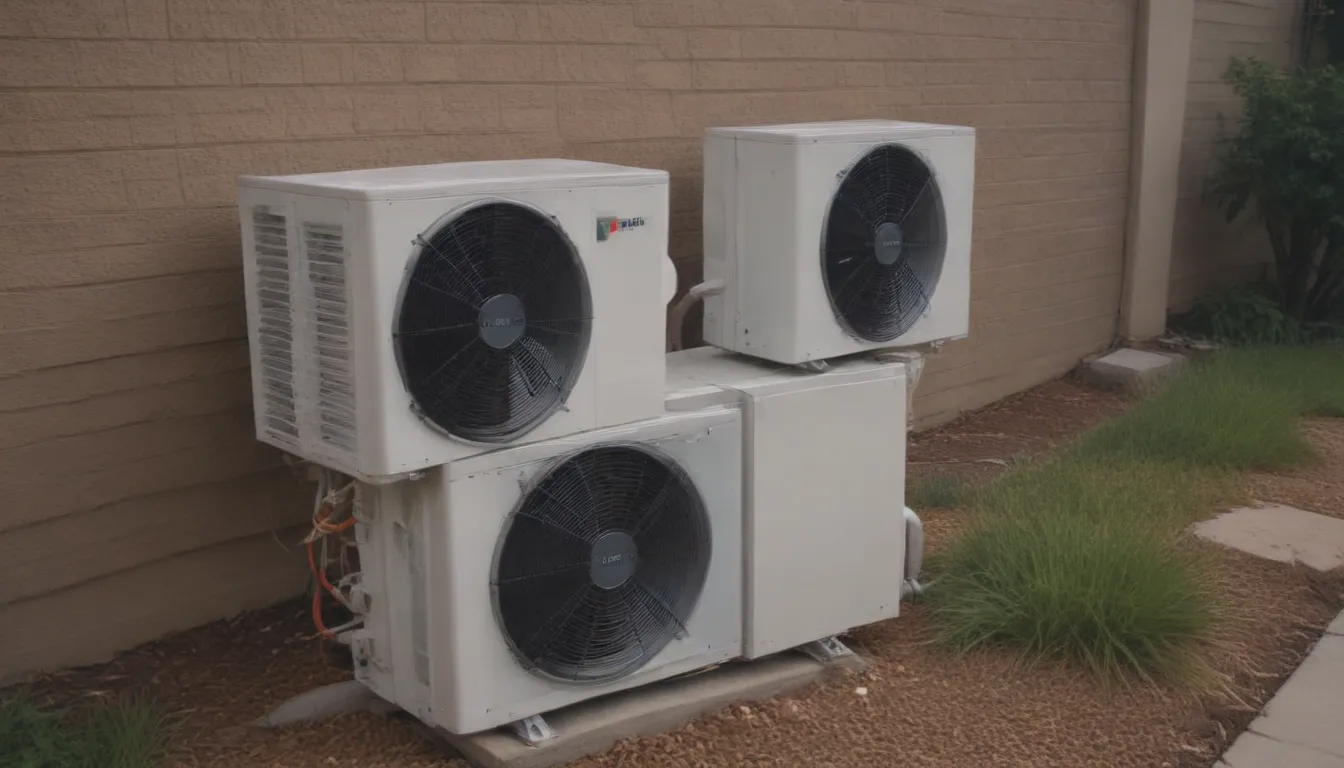
Are you considering adding central air conditioning to your home? Central air is a fantastic way to keep your home cool and comfortable, especially in hot or humid climates. But how much does it cost to install central air? In this article, we’ll explore the average cost to install central air, different types of air conditioning units, factors to consider when deciding if you need central air, and tips on saving money on installation costs.
Average Cost to Install Central Air
The cost to install central air can vary depending on the size of your home and other factors. On average, homeowners can expect to pay between $3,882 and $7,903 to install central air. The average cost comes to around $5,860. When it comes to the cost per square foot, you can expect to pay between $3.00 and $7.50 per square foot for central air installation, with an average cost of $5.25 per square foot.
Types of AC Units
While central air offers comprehensive cooling throughout your home, there are other types of air conditioning units to consider as well. Let’s take a look at some popular options:
Central Air Conditioners
Central air conditioning systems centralize all air conditioning operations in two main areas – the cooling compressor (located outside) and the fan unit (inside your home). Ductwork runs through your ceiling or floor to deliver cool air to each room through registers or vents. Central air is known for being quiet as the mechanical operations are kept away from living areas. It’s a permanent addition to your home and can add to its overall value.
Mini-Split Air Conditioners
Ductless mini-split AC systems consist of a wall-mounted unit in each room, with a compressor and condenser located outside. This type of AC system works well for homes without ducts or where ductwork installation would be impractical or costly. Mini-split ACs are quiet, with most of the noisy components located outside. While they offer flexibility, each room that needs cooling will require its own unit.
Window Unit Air Conditioners
Window unit air conditioners are designed to cool individual rooms and are installed in an open window. To cool your entire home, you would need a window unit AC for each room. While window units are flexible and offer easy installation, they can block light and prevent your windows from being opened. Additionally, window unit ACs have a lifespan of around five to seven years and may need frequent replacements.
Portable Air Conditioners
Portable air conditioners are self-contained cooling devices with wheels for easy mobility. They can be set up in any room with an operable window and a 120V outlet. Portable ACs need to be vented outside through a window but offer greater flexibility in terms of mobility compared to window units.
Tip: Window unit air conditioners can range from $160 to $900, depending on BTU capacity.
Cost of Central Air by Brand and Unit Size
When considering central air installation, it’s essential to discuss different brands and unit sizes with your HVAC contractor. Some brands may be more costly than others, and the size of the unit should match the square footage of your home. Residential central air conditioning units typically range from 18,000 to 60,000 BTUs.
Factors to Consider When Deciding If You Need Central Air
Deciding whether to install central air can be a significant investment, so it’s essential to consider a few factors:
- Comfort: Central air can provide consistent and comfortable temperatures throughout your home.
- Humidity: Central air can help control humidity levels, especially in hot and humid climates.
- Home value: Adding central air can increase the overall value of your home.
- Energy costs: Central air may lead to higher energy bills, so it’s vital to consider the long-term costs.
Fun Fact: In hot and humid areas like the U.S. Southwest, over one-quarter of a home’s electricity bill goes to air conditioning.
DIY vs. Professional Installation
While some peripheral tasks related to central air installation can be done by experienced DIYers, the overall installation process is best left to licensed HVAC professionals. Central air conditioning is a complex project involving electrical work, ductwork, and HVAC unit installation. Hiring a professional ensures that the job is done correctly and safely.
Tips for Saving on AC Installation
Here are a few tips to help you save money on central air installation:
- Take advantage of rebates: Check for any available rebates or incentives for installing energy-efficient AC units.
- Install in the off-season: Consider installing central air during the off-season when HVAC companies may offer discounts.
- Keep your unit well-serviced: Regular maintenance can help extend the life of your AC unit and prevent costly repairs.
- Consider a mini-split: If ductwork installation is not feasible, a mini-split AC system may be a more cost-effective option.
Tip: The average cost of AC repairs ranges from $225 to $900, depending on the issue.
Questions to Ask Your HVAC Contractor
When discussing central air installation with your HVAC contractor, be sure to ask these essential questions:
- What is the total cost of installation?
- Can you provide references from past customers?
- What is the warranty on the central air unit?
- How long will the installation process take?
Before making a decision to install central air, consider your specific needs, budget, and home size. Central air can be a beneficial addition to your home, especially in warm climates, but smaller homes or those in milder regions may do well with alternative cooling methods.
In conclusion, central air conditioning can provide exceptional comfort and cooling for your home, but it’s crucial to weigh the costs and benefits before making a decision. By understanding the average cost of installation, different types of AC units, and tips for saving money, you can make an informed choice that suits your needs and budget. For reliable and efficient central air installation, always consult with a licensed HVAC professional.
References:
1. InterNACHI’s Standard Estimated Life Expectancy Chart for Homes
2. United States Environmental Protection Agency – Moisture Control
3. Journal of Water Resource and Protection – Quality Testing of Air Conditioner Condensate
4. U.S. Energy Information Administration – Air Conditioning Energy Expenditures
5. House Sustainable Energy and Environment Coalition – Clean Energy Tax Provisions
6. U.S. Department of Energy – Maintaining Your Air Conditioner
